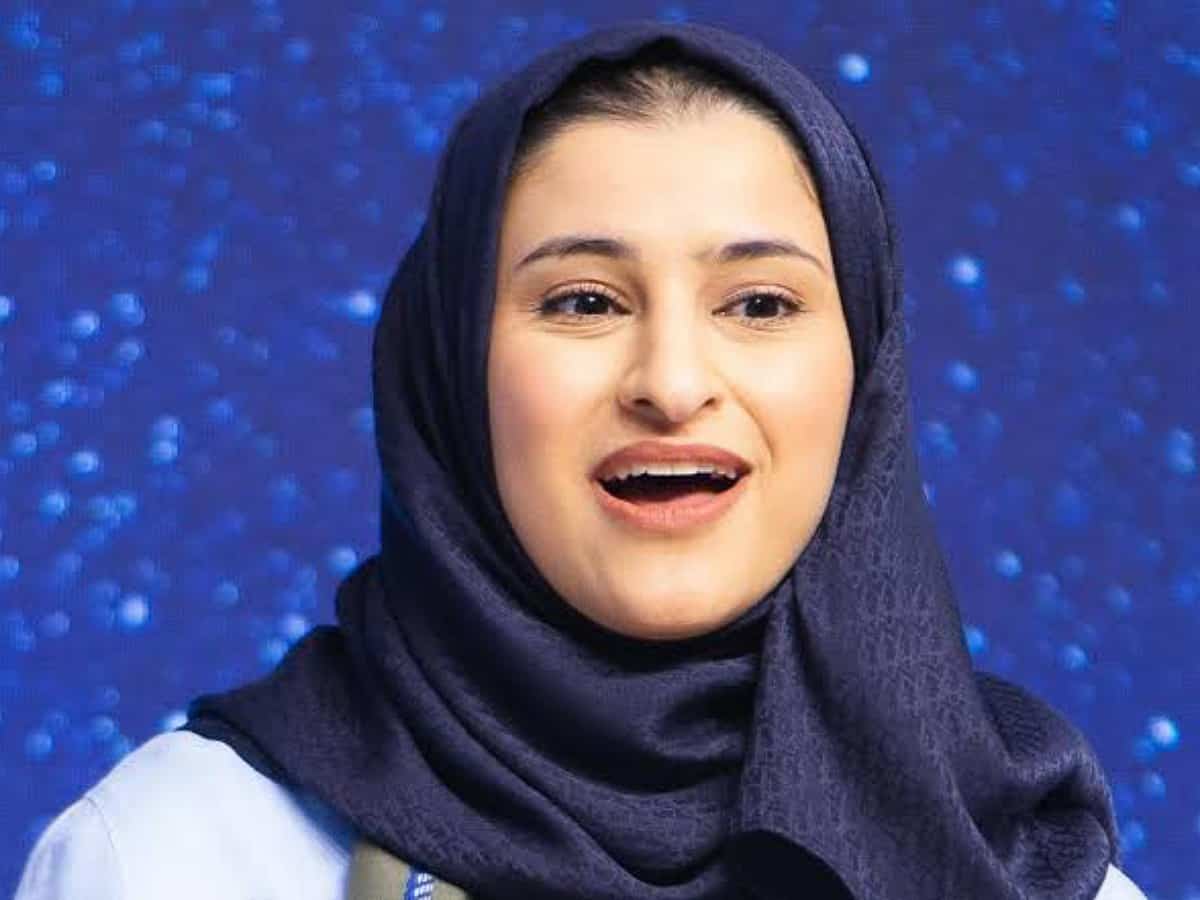
Abu Dhabi: A 35- year-old Sarah bint Yousif Al-Amiri is the woman behind the success of United Arab Emirates (UAE) Hope Mars Mission.
The Emirates Mars Mission, also called Hope Probe was launched from Tanegashima in Japan in July 2020, by a Japanese H-IIA launch vehicle, built and operated by Mitsubishi Heavy Industries (MHI) and arrived at the Red Planet seven months later and successfully entered orbit around Mars on February 9, 2021.
On February 9 2021, the UAE became the first Arab country and the fifth country to reach Mars and the second country to successfully enter Mars’ orbit on its first try. The first interplanetary mission for the Arab world, designed to inspire the region’s youth and pave the way for scientific breakthroughs.
Al-Amiri was in COVID-19 quarantine after arriving in Japan in July 2020—she was in Japan for the launch of her country’s first Mars mission.
At that time, UAE government made Al-Amiri head of the UAE Space Agency after serving as deputy project manager of the Mars initiative – roles she never imagined despite her childhood passions.
Amiri has been fascinated with space since she was 12 years old, “I saw an image of the Andromeda Galaxy and learned that it is 2.5 million light years from Earth—an almost unfathomable distance,” she told TIME.
The UAE-born Al-Amiri is one of the youngest ministers worldwide and is also the youngest to lead a space agency.
About the probe, she said, “The UAE’s mission to explore Mars created a huge positive turmoil in the science, technology and innovation sectors. It inspired the nation to look to the future and to the sky. It proved that we can achieve the impossible, and demonstrated that cooperation across countries and geographical regions in facing challenges can lead to great results. For all of us.”
Al-Amiri career as aerospace engineer in UAE
After graduating with a Bachelor’s degree in Computer Engineering in 2008 from the American University of Sharjah, Al-Amiri worked as a software engineer at the Emirates Institute for Advanced Science and Technology (EIAST) for two years.
She did not realize that she would enter the space field until she attended an interview at the Mohammed bin Rashid Space Center in Dubai in 2009.
She worked on both DubaiSat-1 and DubaiSat-2, the country’s first two satellites. She was also part of the team that developed the KhalifaSat, or DubaiSat-3, and worked as the director of the Advanced Aeronautical Systems division.
She subsequently obtained an M.Sc. in computer engineering in 2014 from the same university, while also working at the same time as the Head of Space Science at Mohammed Bin Rashid Space Center, where she set up the research and development unit and functioned as its director.
She worked towards achieving the UAE’s goal of developing a “knowledge-based economy”. By 2016, she was appointed as the UAE’s chief adviser for science and by October 2017, she had become the country’s first female minister of state for advanced sciences. In August 2020, she became the president of the Emirates Space Agency.
